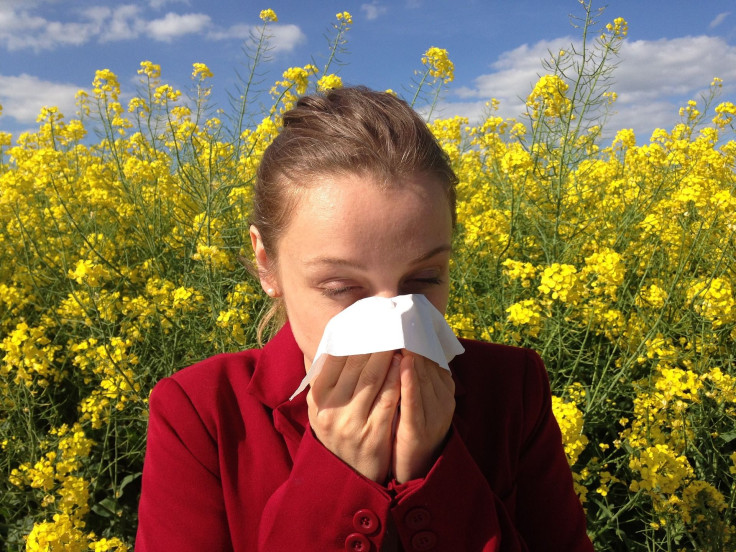Stress-Related Disorders And Allergies: Why Women Are More Susceptible Than Men

It’s often been claimed that dealing with the opposite gender is like interacting with someone from another planet. Much has been written about the differences between men and women, and a recent study reveals there could be more than just communication differences between the sexes.
Researchers at Michigan State University found that male and female mice had very different physiological reactions when put under stress with the girls more prone to stress-related and allergic diseases.
Read: Peanut Allergies: Introduce Nut Early To Avoid Problems, New Guidelines Say
Head researcher Adam Moeser says this is due to differences in a type of white blood cell found in the immune system, known as a mast cell.
“Over 8,000 differentially expressed genes were found in female mast cells compared to male mast cells,” Moeser says in a statement. “While male and female mast cells have the same sets of genes on their chromosomes, with the exception of the XY sex chromosomes, the way the genes act vary immensely between the sexes.”
These mast cells are important to the immune system and affect stress-related issues like allergies, migraines, and autoimmune diseases.
For the experiment, scientists exposed lab mice to either immunological or psychological stresses before measuring temperature, histamine levels, hypothermia and clinical scores, which rated systems like scratching, stretching, puffiness and labored breathing. Every symptom added one point to the mice’s clinical score. The female mice were found to have higher scores and levels of the measured responses.
Read: What Are Winter Allergies? 5 Irritants That Cause Problems In Colder Months, And What To Do
Although stress doesn’t cause allergies, our bodies release hormones and chemicals, like histamine, which can make a reaction more severe, according to WebMD.
It’s already known that women suffer from allergies and autoimmune disorders more frequently than men, but this new finding could help explain the reasons why. Scientists also can use this knowledge to develop sex-specific treatments targeting the cells.
According to Moeser, the next step is to find out whether the changes happen during adulthood or adolescence to determine when intervention is needed.
See Also:
The Surprising Truth About Hidden Allergies, And How To Reverse Them



























